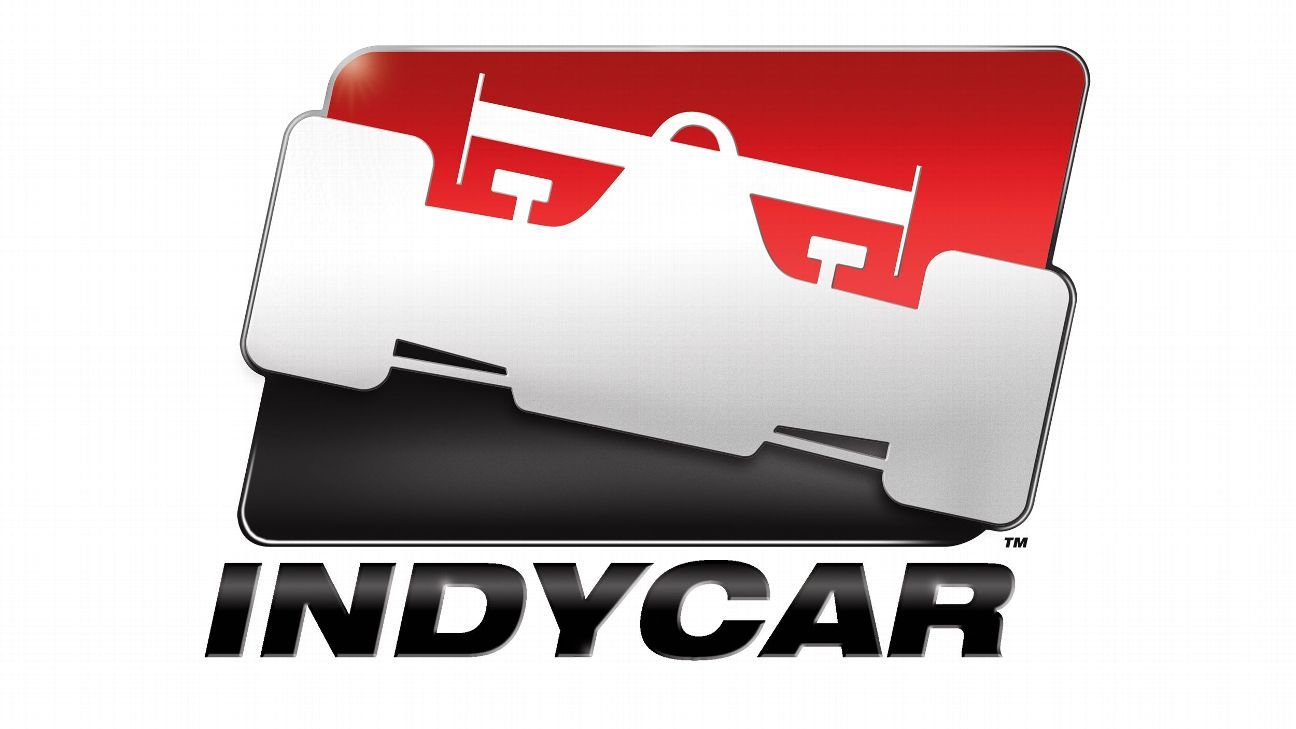IndyCar issued a statement Tuesday decrying “disrespectful and inappropriate online abuse” directed at several of its drivers following Sunday’s race in Longbeach, Calif.
The move comes affter Callum Ilott and Agustín Canapino, who are teammates at Juncos Hollinger Racing, both had disappointing finishes in Sunday’s Grand Prix of Long Beach, with Lott finishing 19th, over a lap off the pace, while Canapino was knocked out of the race after making contact with Helio Castroneves and suffered his first DNF of the season.
Many fans took to social media to blame Ilott for Canapino’s undoing by clogging the track in front his teammate.
Ilott addressed the hate directed his way – specifically replying to an Argentine broadcaster – in a Twitter post on Monday. But that seemed to only further fan the flames.
Since Ilott’s post, IndyCar’s statement has been reposted by several IndyCar drivers.
— NTT INDYCAR SERIES (@IndyCar) April 18, 2023
Pato O’Ward turned to social media with a lengthy post to “encourage everyone to choose their words wisely, and to seriously consider the damage they are capable of inflicting.” O’Ward has been criticized for aggressive driving at Long Beach that included contact with six-time IndyCar champion Scott Dixon; O’Ward insisted postrace that he would not apologize for racing hard.
And Canapino himself weighed in Tuesday morning. “Nothing allows us to transmit hate and disrespect another person,” he wrote. “Not only during a competition, but also in life in general.”
All this comes after Kyle Kirkwood two weeks ago decried “how much hate mail I’ve received” for a pit lane collision at Texas Motor Speedway with Alexander Rossi in which Rossi was penalized.
Online abuse has long been an ongoing problem met with varying defenses. Some are able to ignore the hate, some clap back and some are deeply affected. Nicholas Latifi had to take a social media break following the 2021 Formula One season finale, where fans blamed his late crash for costing Lewis Hamilton a record eighth world championship.
“What shocked me was the extreme tone of the hate, abuse and even the death threats I received,” Latifi said later.
The governing body for F1 has vowed to crack down on online abuse after drivers voiced concerns to the FIA about the increasing amount of hate being directed their way.
Two-time reigning F1 world champion Max Verstappen has tied the increased toxicity toward the growth of F1, which exploded in global popularity during the pandemic in part because its Netflix docuseries brought new eyes to the series.
“There are more people watching, so more people are writing. It’s not great that they are allowed to write these kinds of things, so I hope we can come up with a kind of algorithm that stops people from being keyboard warriors,” Verstappen said. “Because these kinds of people – they will never come up to you and say these things in front of your face.”
IndyCar doesn’t come close to F1 in viewership numbers, but the recent nastiness directed toward drivers shows that its fans are as rabidly passionate as any other sport or racing series.
IndyCar now heads into its most important stretch of the season, with testing for next month’s Indianapolis 500 set to begin this week. This is the period when IndyCar’s viewership and appeal should peak.
The series would feel a whole lot better about the attention if it was about the actual racing – three different winners through three races, a resurgent Andretti Autosport and the growing popularity of young Mexican driver O’Ward – and not fans placing blame on drivers for on-track incidents.
Information from the Associated Press was used in this report

stromectol for lice – buy stromectol canada purchase carbamazepine online cheap
isotretinoin 20mg drug – dexamethasone brand order linezolid 600mg generic
cheap amoxicillin pill – cheap amoxil generic generic ipratropium 100 mcg
azithromycin 250mg cheap – azithromycin 500mg price order nebivolol 20mg online cheap
purchase omnacortil pills – progesterone cheap buy progesterone pills for sale
order lasix 40mg for sale – betnovate 20gm us3 where to buy betamethasone without a prescription
neurontin us – order itraconazole 100 mg order itraconazole 100 mg online
buy augmentin 375mg online cheap – augmentin 375mg usa brand cymbalta 40mg
purchase vibra-tabs generic – buy generic albuterol online oral glucotrol 5mg
augmentin drug – ketoconazole without prescription duloxetine buy online
order semaglutide online – periactin cost periactin 4mg sale
order cialis 20mg – cheap cialis 5mg sildenafil professional
order lipitor 20mg online – zestril 5mg pill buy lisinopril 5mg generic
cenforce 100mg oral – buy generic glucophage purchase glucophage generic
atorvastatin 10mg drug – zestril 5mg pills buy lisinopril without prescription
lipitor 80mg without prescription – lipitor canada lisinopril price
omeprazole uk – order prilosec 10mg pill purchase tenormin for sale
desloratadine 5mg pill – buy clarinex online cheap priligy price
zovirax 800mg for sale – buy zyloprim pills order rosuvastatin 10mg generic
order motilium 10mg pills – tetracycline over the counter order cyclobenzaprine online
order motilium pills – buy tetracycline 500mg pill order flexeril generic
order warfarin online – warfarin 2mg over the counter buy hyzaar online cheap
levaquin 500mg cheap – buy dutasteride generic order ranitidine 300mg without prescription
buy nexium 40mg without prescription – order topiramate 200mg generic sumatriptan 25mg brand